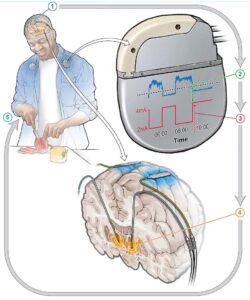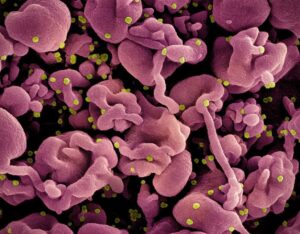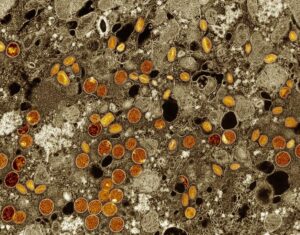“Despite regulatory agencies determining the treatment safe and effective, people of the U.K. will have limited access to this treatment, denying them the possibility of more time,” said Joanne Pike, DrPH, Alzheimer’s Association president and CEO. “Today’s approval should be a moment to celebrate that there are now two approved treatments in the U.K. Instead, NICE delivered another blow to global health equity — only those who can afford to pay out of pocket will be able to receive treatment.”
In its decision, MHRA confirms what the scientific community and multiple other health regulatory agencies have long known: donanemab is safe, effective and beneficial for people in the early stages of Alzheimer’s or living with mild cognitive impairment (MCI). This action comes after the U.K. agencies approved Leqembi® (lecanemab) but then denied coverage.
Donanemab works by targeting amyloid beta, the primary component of amyloid plaques, which are a disease-defining hallmark in the brains of people with Alzheimer’s disease. Well-conducted clinical trials clearly demonstrate that removing amyloid from the brain provides measurable, meaningful benefit in people with early Alzheimer’s.
“Beyond the setback in the U.K., this remains a hopeful time in Alzheimer’s disease treatment and research. With record investment, exploring a wide variety of targets, we know we are closer than ever to discovering more therapies that target the disease from all angles,” Pike added.
About the Alzheimer’s Association
The Alzheimer’s Association is a worldwide voluntary health organization dedicated to Alzheimer’s care, support and research. Our mission is to lead the way to end Alzheimer’s and all other dementia — by accelerating global research, driving risk reduction and early detection, and maximizing quality care and support. Our vision is a world without Alzheimer’s and all other dementia®. Visit alz.org or call 800.272.3900.













Post Comment